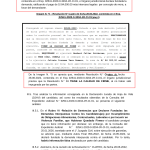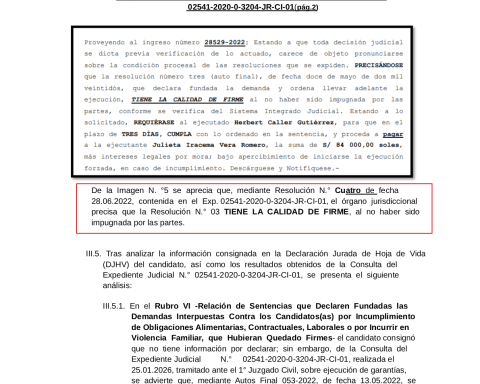The representative in the country of United Nations Children’s Fund (UNICEF)Carlos Carrera, revealed this Wednesday that 8% of Dominicans under 5 years of age are overweight and 15% of all infants suffer from both conditions, figures among the highest in Latin America.
He considered these levels of concern, which mainly affect children from marginalized neighborhoods and rural communities in the national territory, and advocated for public policies that promote healthy eating for these segments of society.
Carrera made the point within the framework of the commemoration, this October 16, of International Food Day and warned that, approximately, 1 in 5 deaths in children under 5 years of age is attributed to this severe malnutrition.
“Overweight affects approximately a third of children and adolescents aged 5 to 19, with a slightly higher number in males compared to females,” he said.
You may be interested in reading: World Food Day, a date that remembers the reality of hunger
“These conditions, caused by lack of access to nutritious foods and the prevalence of recurring diseases such as diarrhea, measles and malaria, weaken children, making them more prone to delays in growth and development, and at greater risk of suffering from serious illnesses.” ”he explained.
Poverty in neighborhoods
Carrera said that one of the most serious problems of malnutrition is severe acute malnutrition, “a painful condition that affects millions of children around the world, especially in vulnerable and hard-to-reach communities.”
He explained that, in the Dominican Republic, this phenomenon affects marginal neighborhoods, such as the capital’s La Barquita, Los Guandules, La Ciénaga and El Limoncito, in which extreme poverty and lack of basic services were detected.
Likewise, he pointed out that many rural areas face difficulties in accessing education, health and employment.
Likewise, he specified that places with a high concentration of immigrants lack adequate services, such as in the areas of Montecristi and Dajabón.
School feeding
The Unicef representative expressed that the school food environment plays a crucial role in the formation of healthy eating habits.
“It is essential that schools foster an environment that favors the availability of foods with high nutritional value and regulate the sale of unhealthy products in their cafeterias,” he said.
He proposed ensuring that school feeding programs and sales spaces within schools offer nutritious options.
Also, restrict the sale of foods with low nutritional value or ultra-processed foods in the school environment.

















